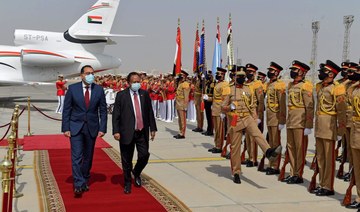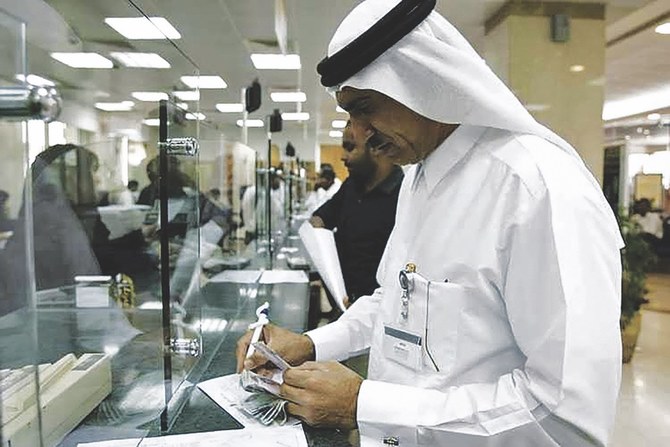CAIRO: The Sovereign Fund of Egypt has invested EGP250 million ($15.9 million) in EFG Hermes Education Fund's third close.
Egypt’s sovereign fund signed an agreement with the GEMS Egypt Education Group to develop and manage two schools west of Cairo.
It is planned that GEMS Egypt will open the two schools with a capacity of 2,500 students each, on an area of 30,000 square meters.
This investment is the first for Egypt’s sovereign fund into the country's education sector.
The company investments at GEMS Egypt are estimated at more than EGP 1.6 billion, worldwide, since the start of its operations in the Egyptian market.
Hala Al-Saeed, minister of planning and economic development and the chairman of the board of directors at the Egyptian Sovereign Fund, said the first investments of the sovereign fund in the education sector represent a clear indication of the direction the country is taking.
She highlighted the vision of the political leadership, and the long-term strategic plan adopted by the state, to achieve the principles of sustainable development in all fields, through Egypt Vision 2030.
Al-Saeed added that the sovereign fund seeks to maximize the return from its assets and build wealth for future generations through the use of real estate and investment projects that are closely related to Egypt's priorities.
Al-Saeed said the country’s Vision 2030 considers education as an essential component for the development of future generations.
Ayman Soliman, CEO of the Egypt Sovereign Fund, said the education sector in Egypt is promising and stable.
He added that the partnership between the Egyptian Sovereign Fund, EFG Hermes, and GEMS Egypt will result in a reference point in the sector. It will provide distinct national curricula through a school model based on enrichment, sports, personal development and technology.
Soliman added that part of the fund’s current and potential assets will be used to provide high-quality education at moderate fees and will address the broad base of the Egyptian people.
It will support the middle class as it faces issues such as waiting lists and private lessons, he said. Soliman also said the partnership will be followed by alliances with other partners in the field, who possess technical expertise and necessary capital.


















